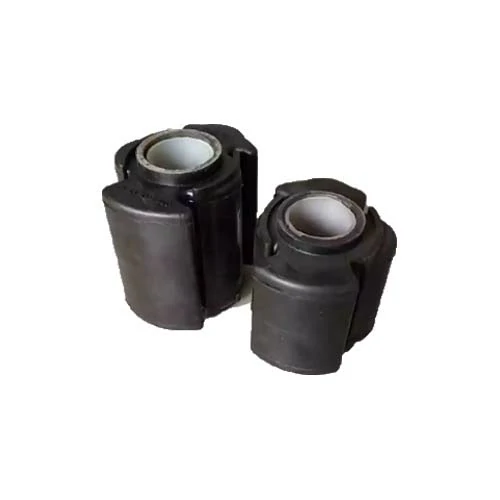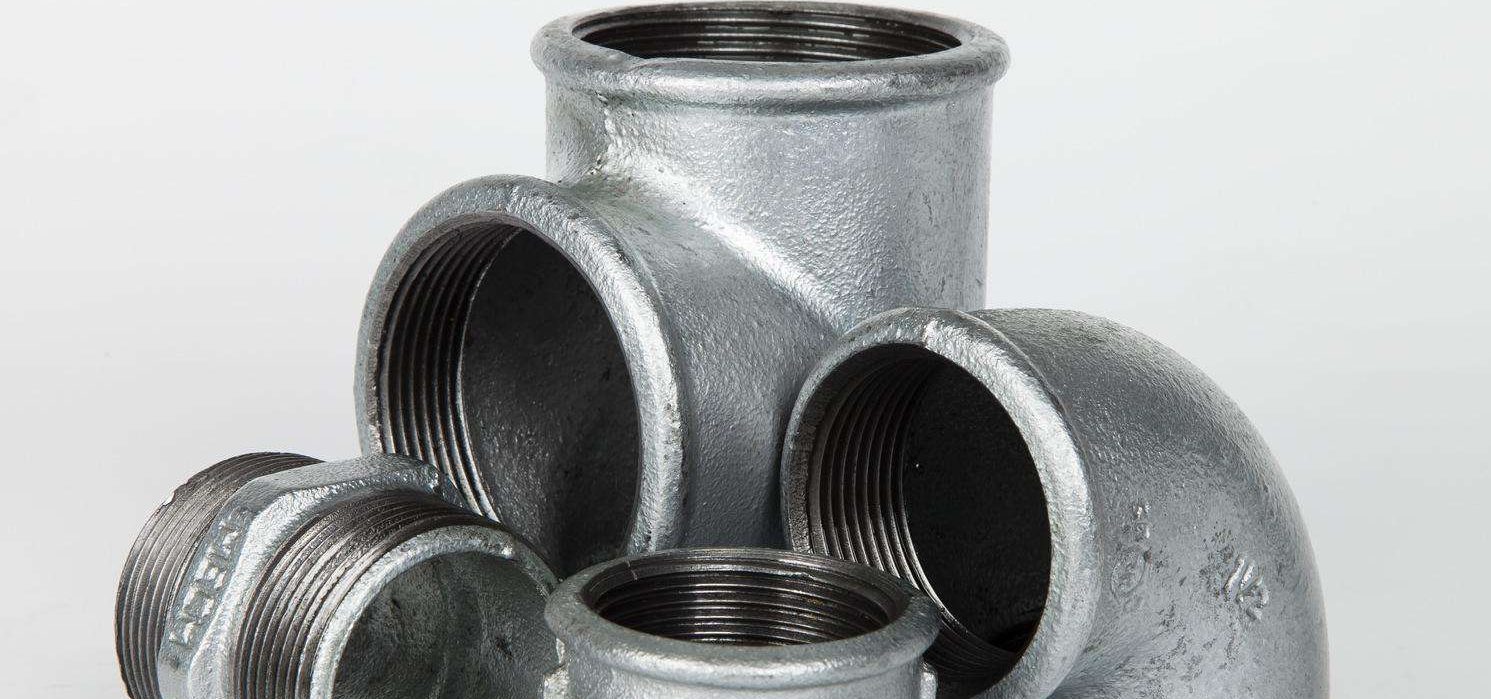Modern automotive safety features, including airbags and antilock brakes, play a crucial role in enhancing passenger safety during collisions by mitigating the impact and reducing the risk of injury.
Here’s how these safety features work:
Airbags:
- Supplemental Restraint System (SRS): Airbags are a key component of a vehicle’s Supplemental Restraint System (SRS). They are designed to deploy rapidly in the event of a collision to protect occupants.
- Collision Detection: Vehicles are equipped with sensors and accelerometers that detect sudden deceleration, which is indicative of a collision. When a collision is detected, the airbag control unit triggers the deployment of the appropriate airbags.
- Protection Upon Impact: Upon deployment, airbags quickly inflate to provide a cushioning barrier between the vehicle’s occupants and hard surfaces, such as the steering wheel, dashboard, and windshield. This helps prevent head, chest, and limb injuries during a collision.
- Multi-Point Protection: Modern vehicles have multiple airbags, including front airbags, side airbags, curtain airbags, and knee airbags. Each type of airbag is strategically placed to protect specific body parts in different types of collisions.
- Seat Belt Synergy: Airbags work in conjunction with seat belts. In a collision, occupants are restrained by their seat belts, and the airbags provide an additional layer of protection. This combination helps distribute forces and reduce the risk of injuries, particularly in high-speed crashes.
Antilock Brakes:
- Wheel Speed Sensors: Antilock brake systems (ABS) employ wheel speed sensors at each wheel. These sensors continuously monitor the speed of the wheels.
- Preventing Wheel Lockup: In the event of hard braking, the ABS control unit detects if a wheel is about to lock up, which can result in skidding and loss of steering control. To prevent this, the system modulates brake pressure to that wheel, allowing it to rotate without locking up.
- Maintaining Steering Control: By preventing wheel lockup, ABS helps the driver maintain steering control even during emergency braking. This is crucial for avoiding obstacles and collisions.
- Shorter Stopping Distances: ABS improves stopping distances, as the wheels remain in motion and continue to generate traction with the road surface. This can reduce the severity of the collision or avoid it altogether.
- Stability Enhancement: In addition to preventing wheel lockup during braking, some advanced ABS systems can also help maintain vehicle stability during evasive maneuvers or on slippery road surfaces.
The combination of airbags and antilock brakes enhances passenger safety by reducing the severity of collisions and minimizing injuries. automotive parts china Airbags protect occupants from direct contact with hard surfaces, while ABS allows the driver to maintain control and potentially avoid collisions. These safety features, along with other advanced technologies, contribute to overall vehicle safety and occupant protection.
How do engine air filters contribute to the performance and longevity of an automobile’s engine?
Engine air filters play a crucial role in enhancing the performance and longevity of an automobile’s engine by ensuring the quality of air entering the engine. Here’s how they contribute:
Performance Enhancement:
- Air Quality: Engine air filters are designed to remove impurities from the air, such as dust, pollen, dirt, debris, and contaminants. This results in cleaner air being drawn into the engine for combustion.
- Optimal Air-Fuel Mixture: Clean air is essential for maintaining the proper air-fuel mixture in the engine’s combustion chambers. An optimal mixture leads to more efficient and complete combustion, which, in turn, improves engine performance, fuel efficiency, and power output.
- Throttle Response: A clean air filter ensures quick and responsive throttle response. It allows for rapid and unrestricted airflow, allowing the engine to respond immediately to driver input, enhancing acceleration and overall drivability.
- Reduced Engine Strain: A clean filter prevents the engine from having to work harder to compensate for reduced airflow caused by a clogged or dirty filter. This reduces the strain on the engine, leading to smoother and more efficient operation.
Longevity of the Engine:
- Reduced Wear: Engine air filters protect internal engine components from abrasive particles. When these particles are allowed to enter the engine, they can cause wear and damage to critical components, such as piston rings and cylinders. A clean filter extends the life of these components.
- Improved Lubrication: Clean air helps maintain a cleaner and more efficient oil supply, which is vital for lubricating the engine’s moving parts. Proper lubrication reduces friction and wear, increasing the engine’s lifespan.
- Preventing Contamination: In dusty or harsh environments, a dirty air filter can allow contaminants to enter the engine oil and coolant, potentially leading to damage and component wear. A clean filter helps prevent contamination of engine fluids.
- Optimal Cooling: A clean air filter contributes to optimal engine cooling by ensuring that the airflow to the radiator and cooling system remains unobstructed. Overheating is a common cause of engine damage, and a clean filter helps prevent it.
- Enhanced Fuel Efficiency: Improved engine performance resulting from a clean air filter can lead to better fuel efficiency. A more efficient engine consumes less fuel and produces fewer emissions, which benefits both the environment and the vehicle owner’s wallet.
Maintenance and Replacement:
It’s important to note that engine air filters have a finite lifespan and can become clogged or dirty over time. Regular inspection and replacement, as per the manufacturer’s recommendations, are essential to maintain their effectiveness. Neglecting to replace a dirty air filter can lead to reduced engine performance, lower fuel efficiency, and potential engine damage.
In summary, engine air filters contribute to the performance and longevity of an automobile’s engine by ensuring clean and high-quality air intake, improving combustion efficiency, reducing engine wear, and preventing contaminants from entering critical engine components. Regular maintenance and replacement of air filters are essential to reap these benefits and protect the engine.

